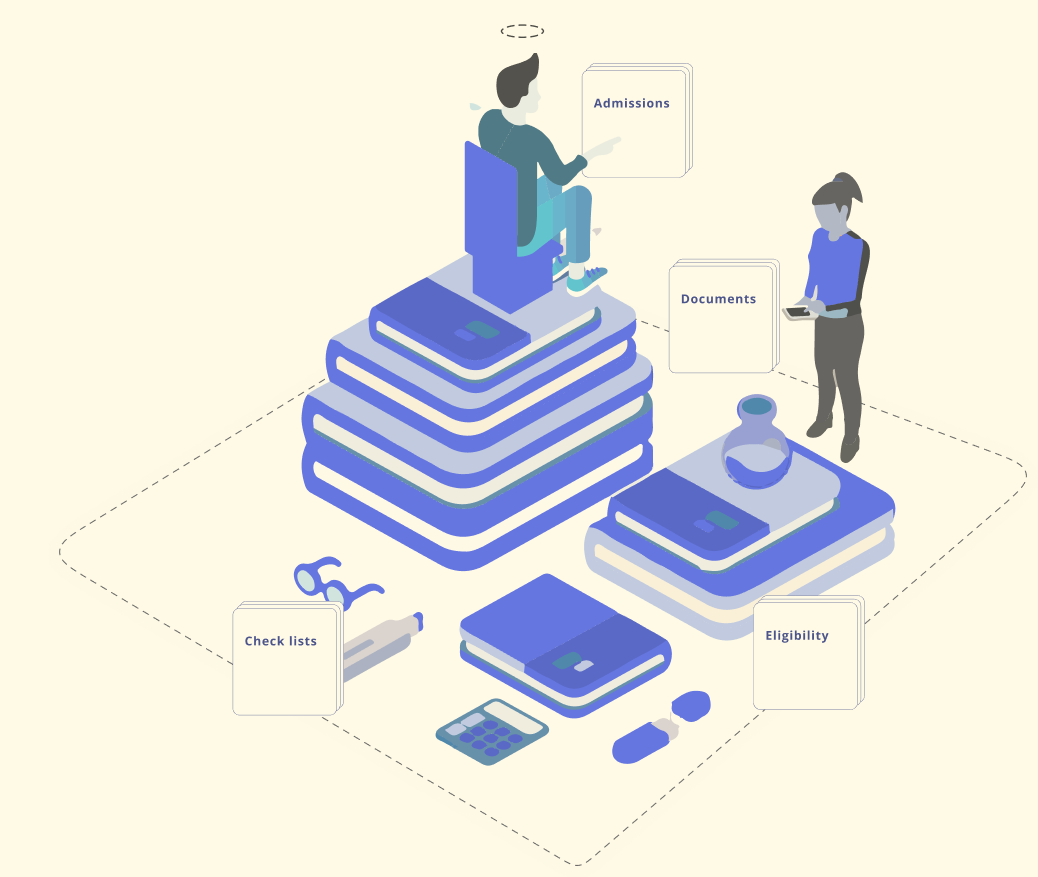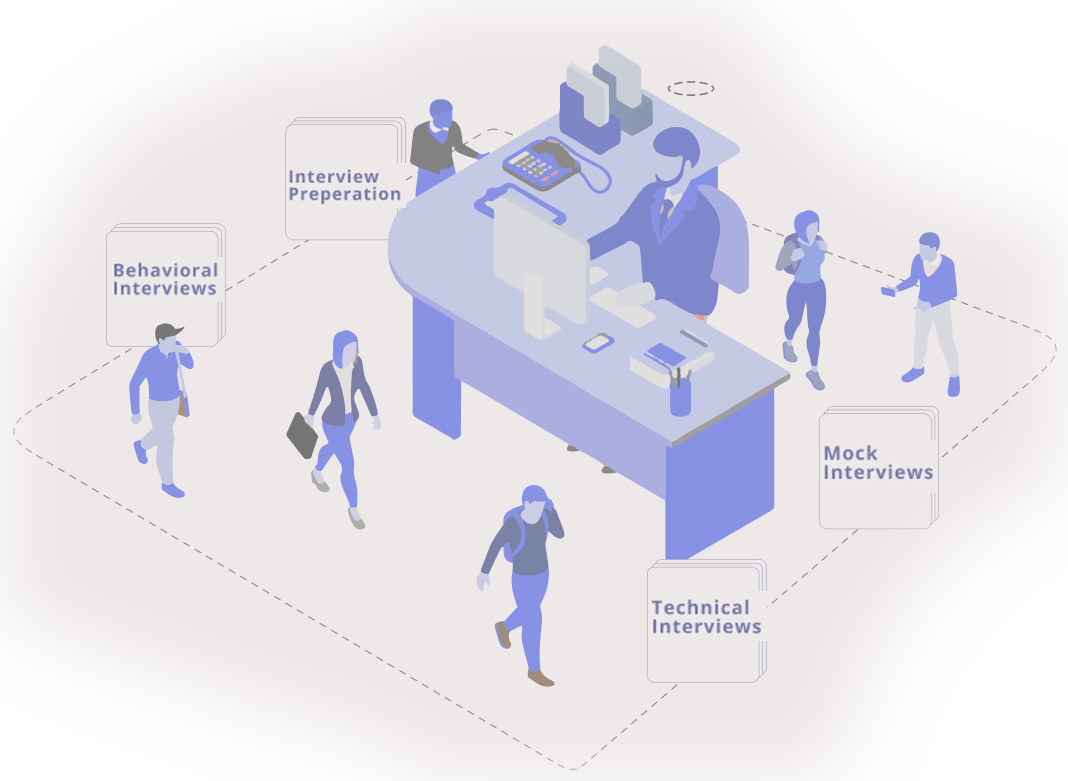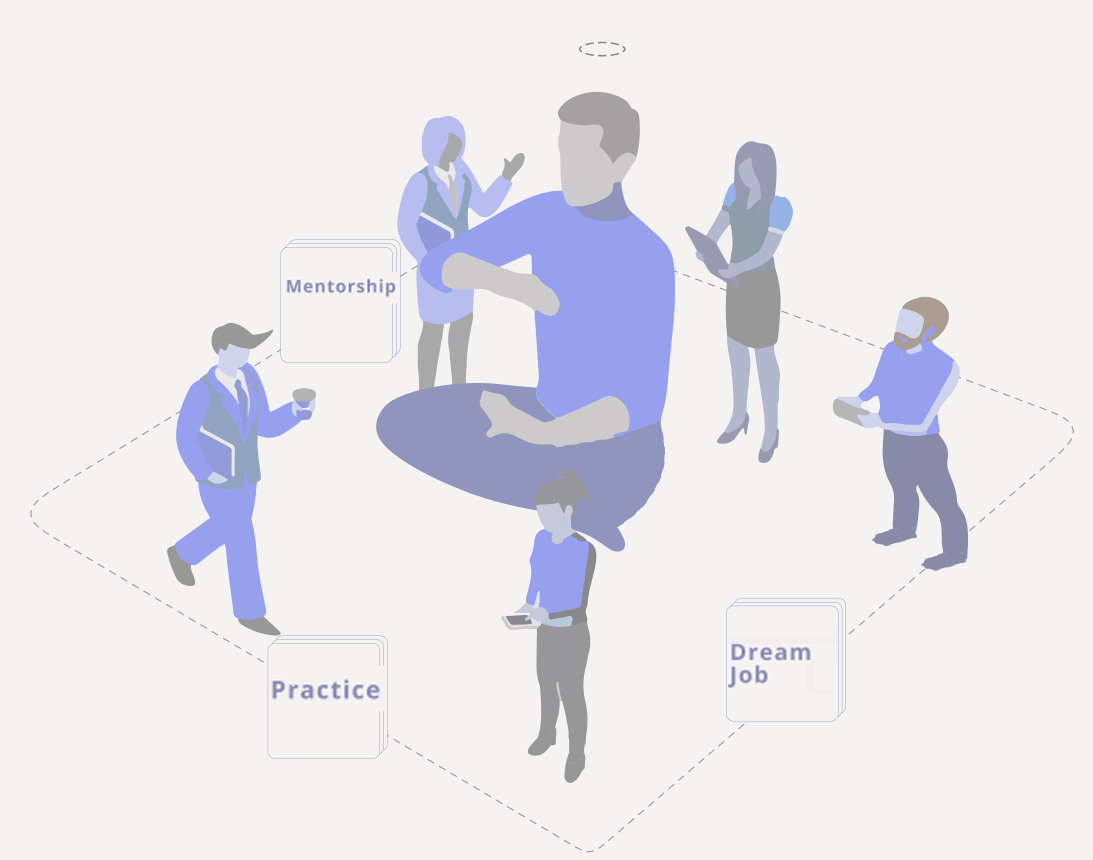Fast Track : 8 Months
Schedule: Tuesday, Thursday, Friday
18h00 - 21h00-
25 October 2024
Mode of Delivery: Hybrid & Online - Talk to an Advisor
OVERVIEW
Our Diploma in Software Testing and Quality Assurance introduces you to both aspects of testing, manual and automated which opens career paths in each. The program begins with an introduction to overall testing goals and fundamental strategies in system testing. Later, you shall be learning the most in-demand skill of this field: automated testing. Also, you get to familiarize yourself with fundamentals of Java, the programming language used for creating test scripts, after which you get to apply these concepts using the Selenium web driver API that automates the application.
You shall also be exposed to database manipulations techniques with fundamentals of SQL as these aid in testing practices for data persistence. Towards the end of the course, you are taught to manage test cases using HP ALM, which supports key stakeholders in delivering applications as they progress through life cycles.
- See if you Qualify
- Talk to an Advisor
COURSE OUTLINE
A.E.C. – Software Testing (LEA.CW)
-(900 hrs)-
Aims to give students a solid grasp of diverse software development methods, frameworks, and best practices. In today's fast-changing tech scene, it's vital for software professionals to embrace effective methods ensuring successful project development, maintenance, and delivery. We explore both traditional and modern software development approaches, empowering students to make informed decisions and adapt to various project needs.
Developed for students with minimal programming experience, this foundational program covers core concepts and principles of computer programming. It introduces problem-solving techniques, algorithm development, and coding using a beginner-friendly language. Students acquire skills to write basic programs, preparing them for more advanced programming challenges.
Next, we delve into testing fundamentals, elucidating the need, limitations, objectives, and purpose of testing. The course covers psychological factors testers must consider in their work, offering knowledge of testing principles and industry processes.
Gain vital skills for adept database management and data manipulation. Explore SQL Programming Basics, delve into SQL Theory, and master diverse data manipulation methods. Navigate Data Warehousing Solutions, acquire insights into SQL Server Tools, and craft SELECT Statements. Uncover advanced querying techniques, extend capabilities with SQL programming, and grasp sorting, filtering, grouping, and aggregating nuances.
Moving into the realm of Java, participants gain skills in analyzing, designing, developing, and troubleshooting Java applications. They learn Java syntax, object-oriented programming concepts, packaging, documentation, and essential Java libraries.
Selenium, an open-source testing framework, takes center stage. Building on Java fundamentals, students write scripts for automated testing across different browsers and operating systems.
The Jira-focused course provides hands-on experience in utilizing Jira as a pivotal tool for software testing and quality assurance. Exploring Jira's core features tailored for testing workflows enhances collaboration and ensures product quality.
In the Canadian job market integration course, students explore the mindset for job search success, CV and cover letter shaping, and practice interview skills in four short classes.
At the end of the program, students work on an industrially simulated, testing project involving functional testing, non-functional testing, unit testing, integration testing, in addition to automated and manual system testing
Become ready for the workplace
These MCIT programs helps you to be job ready.
NETWORK EVENTS
The Intelligent Networking Networking with companies Instructors sharing their network Peer to peer networking Meet with recruiters.
Resume is the key to making the first impact with your profile.
INTERVIEW PREPARATION
Resume building, LinkedIn Training, Mock interviews hosted by companies, Technical interview prep, Behavioral interviews.
We assist you turn your projects into relevant portfolios.
PORTFOLIO PREPARATION
Turn your projects into a portfolio Portfolios tell your story Relevancy of the projects display experience.
Mentorship & guidance - the key to career success.
MENTORSHIP
The Mentors, instructors, or alumni help you understand the required skills for your desired career path and the path to land your dream job!
WHO SHOULD APPLY?
If you are an IT professional who would like to switch to software testing or a beginner who wants to enter the IT industry and help make better quality software, then this course is for you.

Jyothi Puthulatha
QA Tester , Diff

Azemat Imani
Software Testing Specialist

Chloe D
STQA

Jyothi Gogna
Automation Developer, Gorilla group
Admissions Process
The admission process entails the submission of several key documents. Applicants must provide their diploma and transcripts
- Highest level of education.
- Current resume detailing professional and education
- Birth certificate translated into either English or French
- 2 Photo identification are necessary

Upon successful completion of the program, the college grants the student an AEC (Attestation d’études collégiale)
Software Testing (LEA.CW)
-900 hrs-
Certification Tracks
Automated Testing Certification
Selenium
INSTRUCTOR SPOTLIGHT

Sridaran Kilvidi
Sridaran is a Software Test Consultant and Trainer with 8 years of teaching experience in private colleges in Montreal and Toronto. With over 15 years of professional experience in Programming and QA, Sridaran has successfully managed Software Quality Assurance efforts for enterprise applications in finance, telecommunications, and service business domains. Passionate about sharing expertise and guiding aspiring professionals in the field of software testing.
Toufik Lazri
Toufik is a University graduate in computer engineering and has been creating and implementing computer applications for over 25 years. He's been a valuable team member at MCIT for over 10 years teaching Java technologies. He is particularly known to transmit his knowledge in a clear and dynamic way to ensure students a successful transition to the job market.Loans & Scholarships
Scholarships for New Graduates
Students who have graduated with a post secondary diploma or degree from a qualifying
institution in
the last two years.
Scholarships for New Immigrants
Students who have arrived in Canada two years or
less at the time of
submitting their
application
Merrit based Scholarships
The Montreal College of Information Technology offers merit-based scholarships to deserving candidates,for exceptional academic or professional contributions.
OtherOptions
We also have scholarships
for students who were laid off recently
in the past 6 months.

Empower students through Financial Aid
Conveying our commitment to student success through financial support.
Loans through the Government
Apply with the government to get financial aid through the AFE loan program (Aide financière aux études/Student financial assistance).
Loans fromPartners
Our financial partners offer loans and personalized support to local entrepreneurs and internationally trained professionals.
ApplicationAdvice
Our financial partners offer loans and personalized support to local entrepreneurs and internationally trained professionals.

COMMUNITY TESTIMONIAL
The College did wonders for me because I learnt how to apply these techniques which I learned at the Institute in my working field. I enjoyed a lot going to this institute and it was a great help for me to be successful in my career. I find a relevant job after getting the certification in Software Testing and Quality Assurance from MCIT. I cannot stop this testimonial without writing about my instructors, they were really informative and helpful to land my goals. Also, the administrative people were really congenial and helpful to make this course successful.
Jyothi Lakshmi Puthalath —CALENDAR
Registration deadline:
For international students, it is highly recommended to register three months before the starting date. Talk to one of our advisors for more details about the registration process.
— F.A.Q —
Our software testing program provides comprehensive training in manual and automated testing techniques, test planning and execution, defect tracking, test automation frameworks, performance testing, and quality assurance processes to prepare students for careers in software testing and quality assurance.
While prior programming experience is beneficial, it is not always required. Our programs cater to students with varying levels of expertise, from beginners to experienced developers looking to enhance their skills in specific areas.
Yes, our programs are designed to accommodate students with varying levels of expertise, including beginners. Our instructors and courses tailored for beginners to provide a solid foundation with varying levels of expertise.
Our program content is curated from industry-recognized leaders such as Oracle and ISTQB, ensuring alignment with the latest industry standards and practices. Each program is thoughtfully designed to equip students with the knowledge and skills necessary to excel in their chosen field and to confidently pursue real-world certifications.
To be eligible for a program of study leading to an attestation of college studies (AEC), Student must have training deemed sufficient by the college and meet one of the following conditions:
- have interrupted your full-time studies or pursued full-time post-secondary studies for at least 2 consecutive sessions or one school year;
- be covered by an agreement concluded between the college and an employer or benefit from a government program;
- have interrupted your full-time studies for one session and have pursued full-time post-secondary studies for one session;
- hold a professional studies diploma.
- the program of study makes it possible to acquire technical training in a field for which there is no program of study leading to a college diploma;
- the study program is covered by an agreement concluded between the Minister and a department or agency of the Government of Québec regarding training.
Student must meet all the following requirements:
- Knowledge of computer hardware and Operating Systems like Windows, MacOS.
- Advanced High School mathematics
- Good to have Knowledge on programming language (SQL), Software Development Life Cycle & OOP’s concepts
Graduates of this program can pursue various career paths including full stack developer, web application developer, software engineer, quality assurance analyst, test automation engineer, and more. Our career services team provides guidance and support for job placement and advancement.
Our programs utilize a combination of lectures, hands-on lab exercises, case studies, and real-world projects to ensure a comprehensive learning experience. We also provide access to online resources and support forums for additional learning.
Yes, we facilitate internships and practical experience opportunities with industry partners to help students apply their skills in real-world scenarios and gain valuable experience.
Yes, we offer flexible study options including part-time evening classes and online courses to accommodate students with busy schedules or those unable to attend in person.









